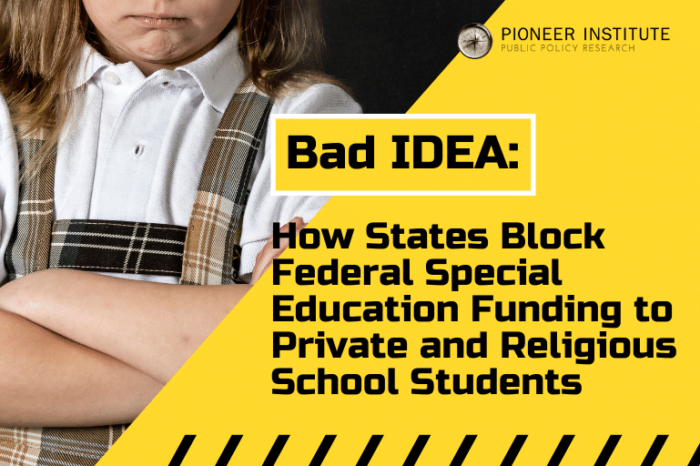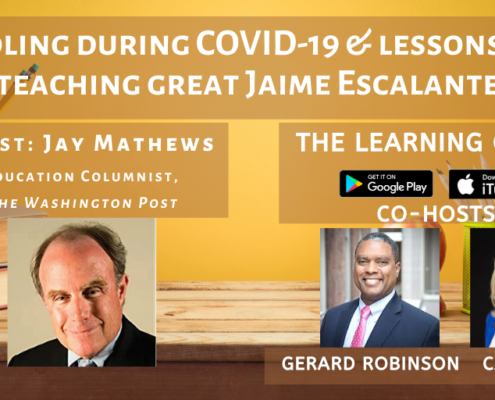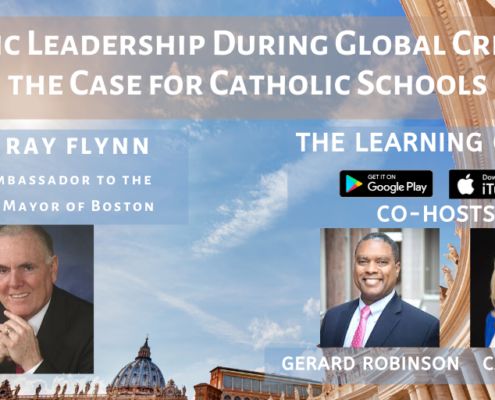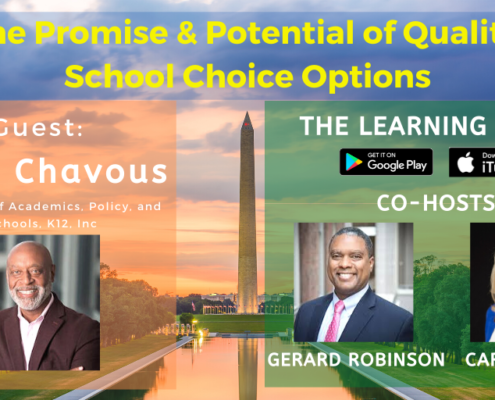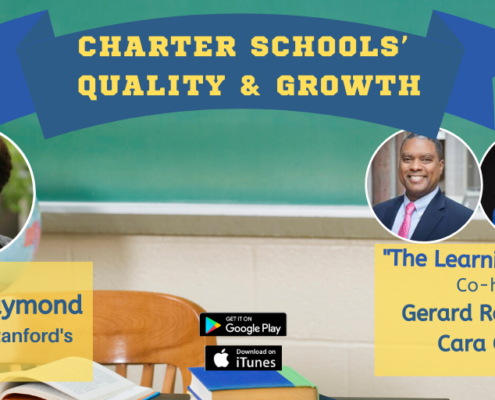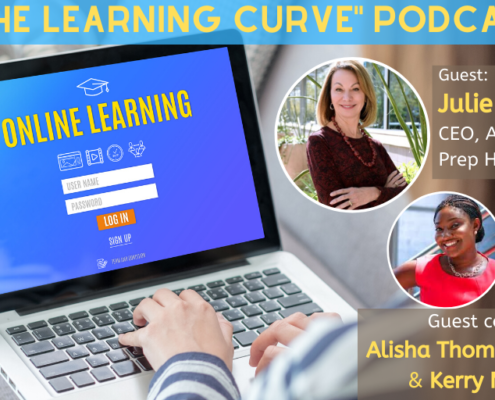Study: Systemic Failure in IDEA Implementation for Private School Students with Disabilities in Additional States
States, school districts failing to allocate sufficient federal funding to special needs students in private schools
BOSTON – On the heels of a $3.8 million settlement for private school students with disabilities in Massachusetts for the state’s failure to comply with provisions of the federal Individuals with Disabilities Education Act (IDEA) that require provision of equitable, publicly funded special education services to students in private schools, a Pioneer Institute study finds that two states and three school districts around the country for which data are available also appear to be out of compliance.
“Whether it be state departments of education wrongfully conflating state and federal law and giving school districts faulty or incomplete guidance, or lack of enforcement efforts, private school students are being wrongfully denied access to IDEA-funded special education services,” said Tom Olson, who co-authored “Bad IDEA: How States Block Federal Special Education Funding to Private and Religious School Students” with Kate McConnell and Nancy Kriegel.
IDEA requires states to ensure that all public-school students aged 3-21 who have disabilities receive a “free and appropriate education.” It also requires the provision of equitable services to students with disabilities in private schools.
The federal government appropriates IDEA funding for the states, which then appropriate the money among local school districts. A “proportionate” share of the funds is to be spent on private school students who attend school within the school district’s geographic boundaries. Proportionate share is determined by a district’s total IDEA allocation, the total number of students within the district who are found to have disabilities, and the percentage of those students who attend private schools.
The law permits states to use their own money to offer special education services to private school students in addition to those required by IDEA.
In theory, Massachusetts is one of those states. However, the state’s anti-aid amendment prohibits state or locally funded services from being delivered at the private school site. In practice, this makes it difficult for students to access services and support. Until recently there was also confusion regarding federally funded services provided under IDEA. However, given the private school coalition’s work in partnership with Massachusetts DESE, and the recent settlement, private school students with disabilities can now access federally funded special education services on site at their schools.
To determine whether such non-compliance is common, the authors sent Freedom of Information Act requests to 12 states and 8 school districts that are geographically representative to determine how IDEA funding was allocated to students with disabilities in private schools beginning with the 2015-16 school year. Only five – Florida, Missouri, Denver, Los Angeles and Portland, OR – more-or-less furnished the requested information. In nearly all cases, the states and school districts didn’t provide proportionate share numbers, meaning the authors had to do their best to calculate it themselves based on the data provided.
The authors assumed that between 7 percent and 14 percent of private school students have special needs. The best results were from Denver, where during the 2015-16 school year between a quarter and half of the money that should have been made available for provide school students was allocated to them. The poorest performer was Florida. There only between 0.7 percent and 1.3 percent of the appropriate proportionate share was made available to private school students with special needs during the 2017-18 school year.
“Since the data are not being gathered in any meaningful way, it’s challenging if not impossible to hold agencies accountable for complying with IDEA,” said Director of Pioneer Education Jamie Gass.
Among the authors’ recommendations are that USED collect the applicable data from the states, that each state assume that at least 7 percent of private school students have special needs, and that each state appoint an IDEA ombudsman.
About the Authors
Tom Olson: Tom is currently a Principal Partner of ADAC. Tom has overseen development efforts, augmented donor commitment, and cultivated major gifts for a variety of organizations. Supporting initiatives that advance in government and civil society limited government and the principle of subsidiarity, Tom’s professional competencies include published writing and public policy research. Tom holds a bachelor’s degree from the College of the Holy Cross and graduate degrees from Saint Louis University and Boston College.
Nancy Kriegel: Nancy is currently the Executive Director of Yad Chessed (“Hand of Loving Kindness”), a social service agency assisting individuals and families who are living at or below the federal poverty level. Prior to this, she was a Senior Director at Combined Jewish Philanthropies and one of the founders of Gateways: Access to Jewish Education. Nancy is a strong advocate for Jewish Day Schools and the wider Jewish community. Nancy holds a bachelor’s degree from the University of Pennsylvania and a juris doctor (JD) from the Boston College School of Law.
Kate McConnell: Kate is currently serving as the Director of Inclusive Education for the Office of Catholic Schools of the Archdiocese of Chicago. Previously, she has worked as the Director of Inclusive Education at Chicago’s Our Lady of Mount Carmel Academy. Before becoming a Catholic school educator, she was a special education teacher in public schools. A certified Learning and Behavior Specialist, Kate holds a bachelor’s degree from Towson University and graduate degrees from Loyola University Chicago and DePaul University.
Pioneer’s mission is to develop and communicate dynamic ideas that advance prosperity and a vibrant civic life in Massachusetts and beyond.
Pioneer’s vision of success is a state and nation where our people can prosper and our society thrive because we enjoy world-class options in education, healthcare, transportation and economic opportunity, and where our government is limited, accountable and transparent.
Pioneer values an America where our citizenry is well-educated and willing to test our beliefs based on facts and the free exchange of ideas, and committed to liberty, personal responsibility, and free enterprise.
Get Updates on Our School Choice Research
Education Posts:

